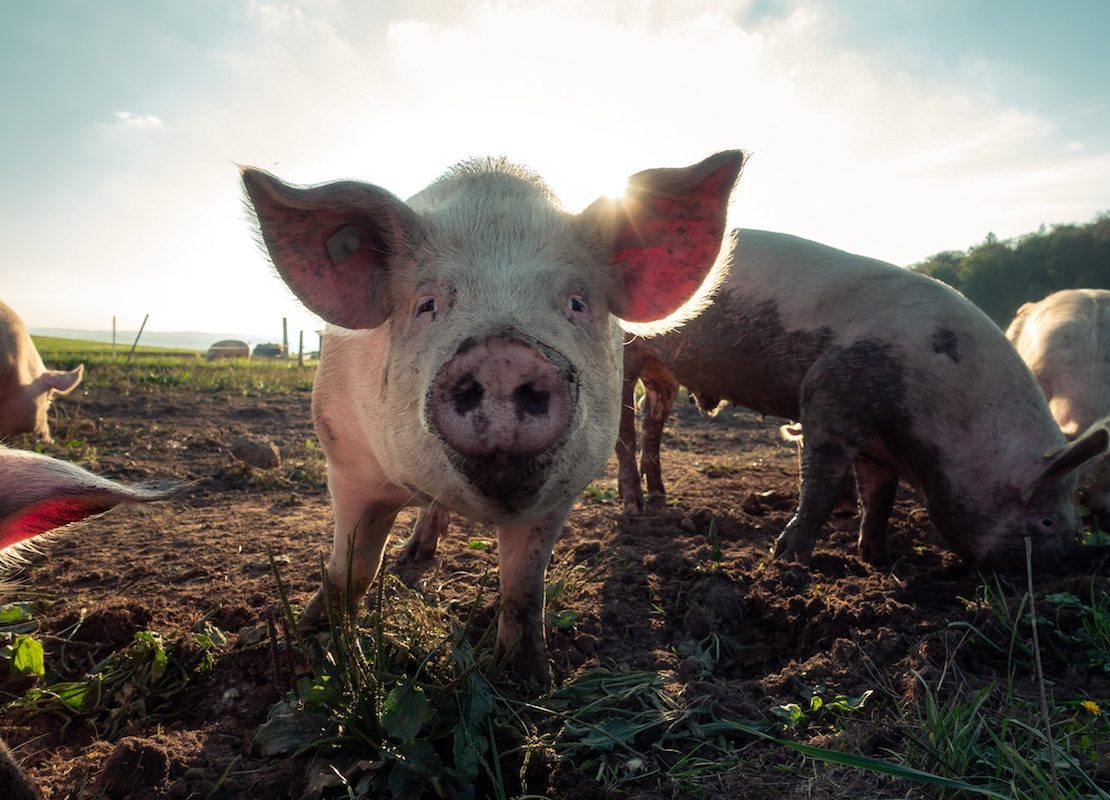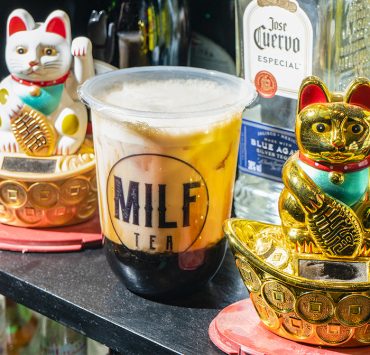Bad news: After a few scares this past year, African swine fever is now confirmed to be in the country. On Sept. 9, the Department of Agriculture (DA) announced that 14 blood samples taken of 20 recently deceased pigs from local piggeries were confirmed to test positive for the virus. The samples had been sent out to UK-based Pirbright Institute, which was designated as a reference laboratory for Foot-and-Mouth Disease (FMD) by the Food and Agriculture Organization of the United Nations and as a reference laboratory for FMD by the World Organization for Animal Health.
DA Secretary William Dar said that the areas affected by the virus were, “Rizal, mas lalo sa Rodriguez and Antipolo, and in Guiguinto, Bulacan.”
African swine fever is a viral disease that affects pigs and hogs. As the virus acts swiftly and can be easily spread (either through direct contact or through contaminated food), it can easily decimate an entire piggery.
Earlier this year, quarantine officers at the Ninoy Aquino International Airport (NAIA) were sacked for not implementing safety protocols that might’ve allowed the virus to enter the country.
Still, the DA was quick to point out that pork products are still safe to consume by humans (after all, the virus does not affect humans and any other animal aside from pigs and hogs). “For local pork, we are telling everyone that it is safe. Let us patronize our products,” said Dar, adding that, “We have never been in an epidemic, just to highlight that,” he said. “We are responding to the increased number of deaths of pigs.” He also noted that pigs with a seal of approval by the National Meat Inspection Service (NMIS) are assessed by a veterinarian first to ensure that they are safe for consumption.
More than 7,400 pigs were depopulated from the affected areas, with farmers given P3,000 each to recover from the loss. The DA has also been monitoring several piggeries around the country to check if they have been affected by the virus, with checkpoints and task forces put in place to curb its spread.
Featured photo courtesy of Pascal Debrunner on Unsplash
Get more stories like this by subscribing to our weekly newsletter here.
Read more:
Laguna de Bay turns green due to stinky but harmless algal bloom
Imported rice are more common now than ever—to the detriment of our rice farmers




